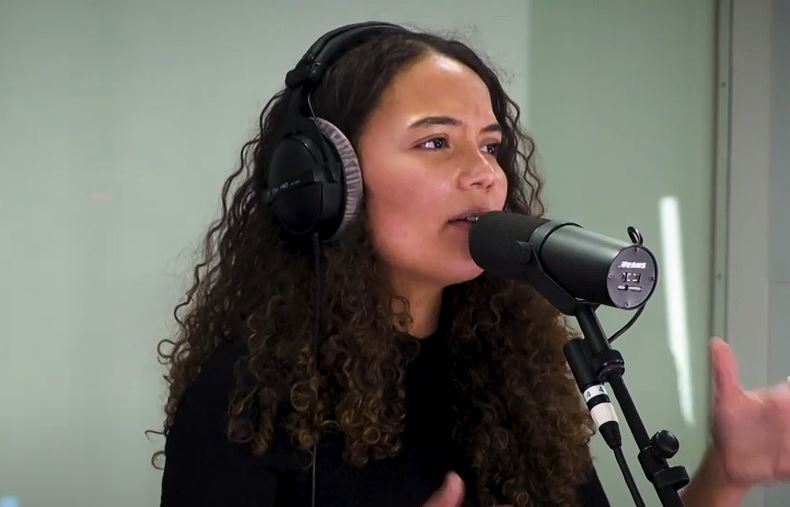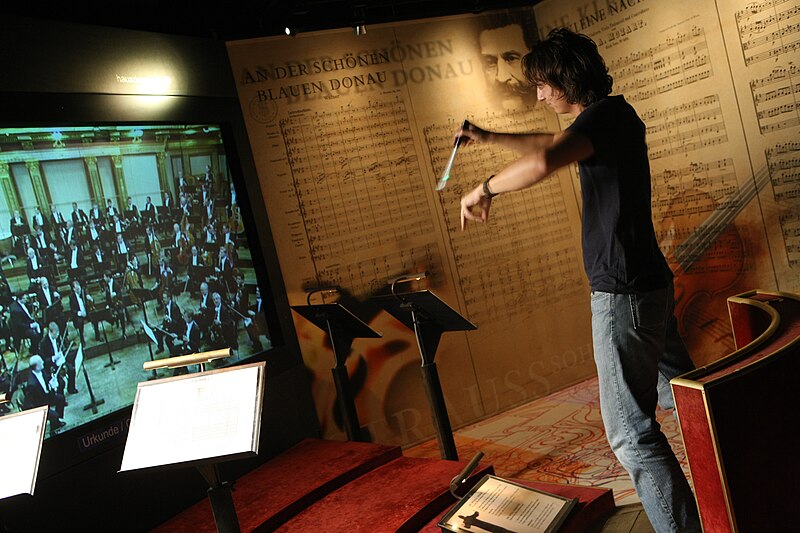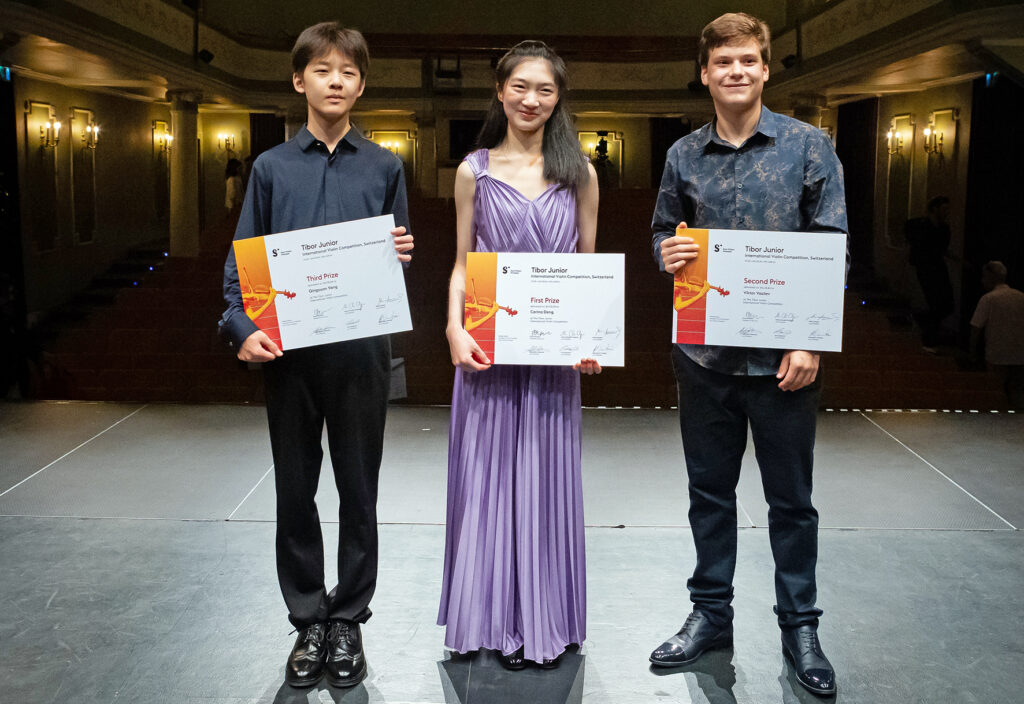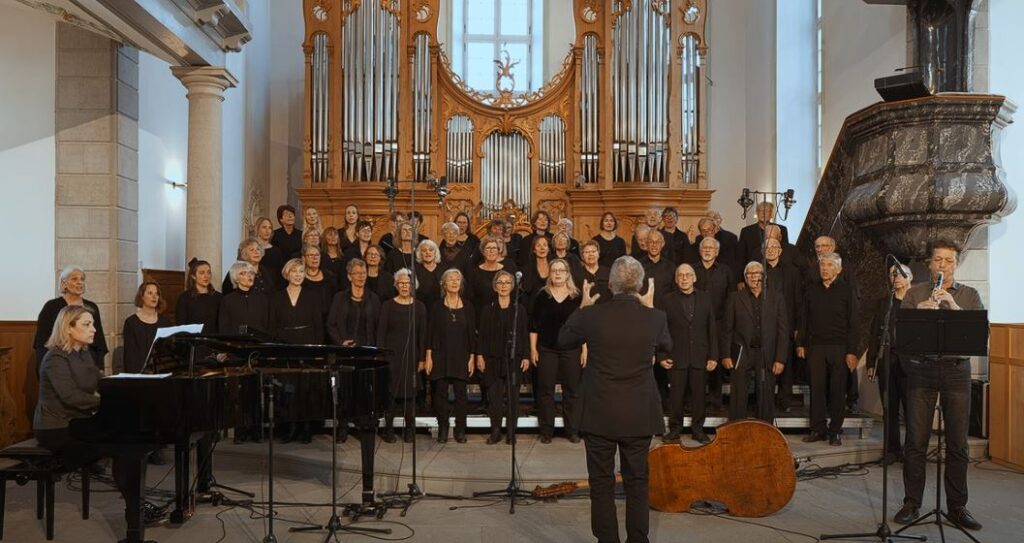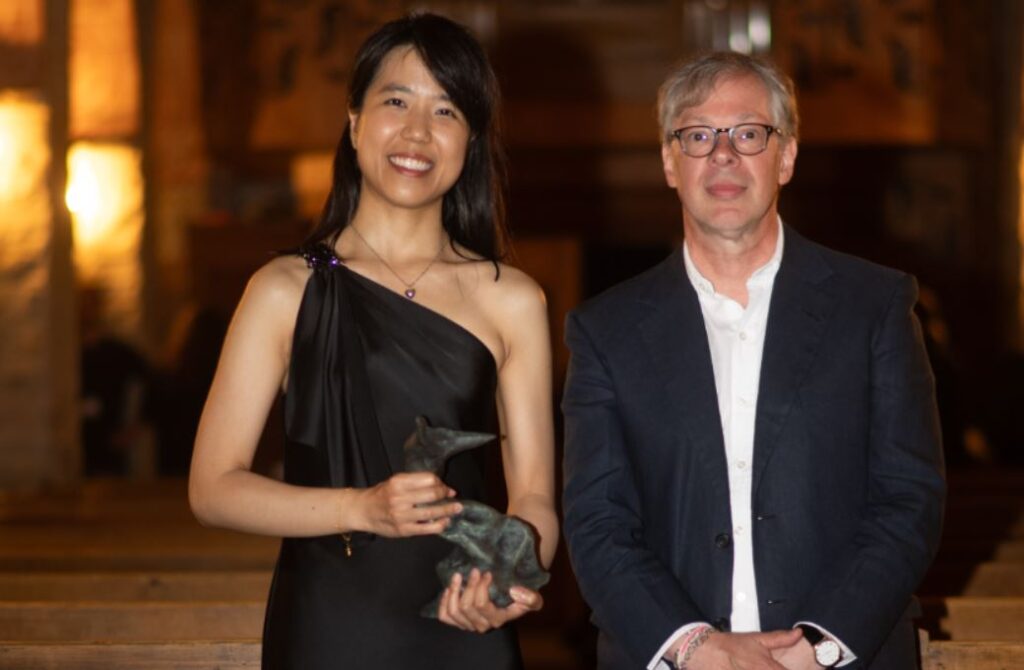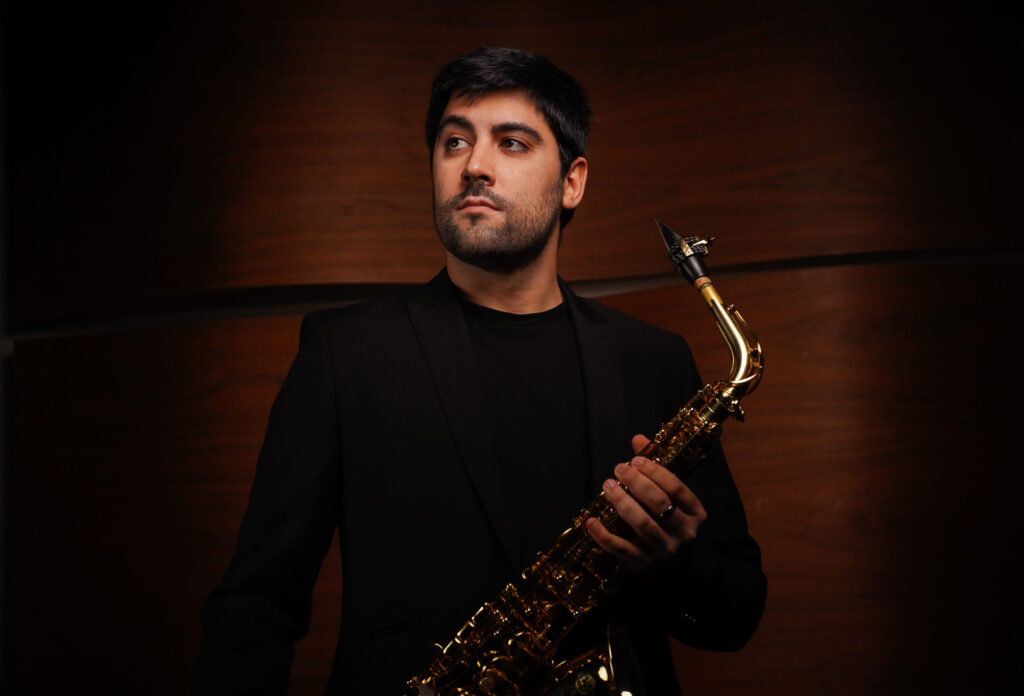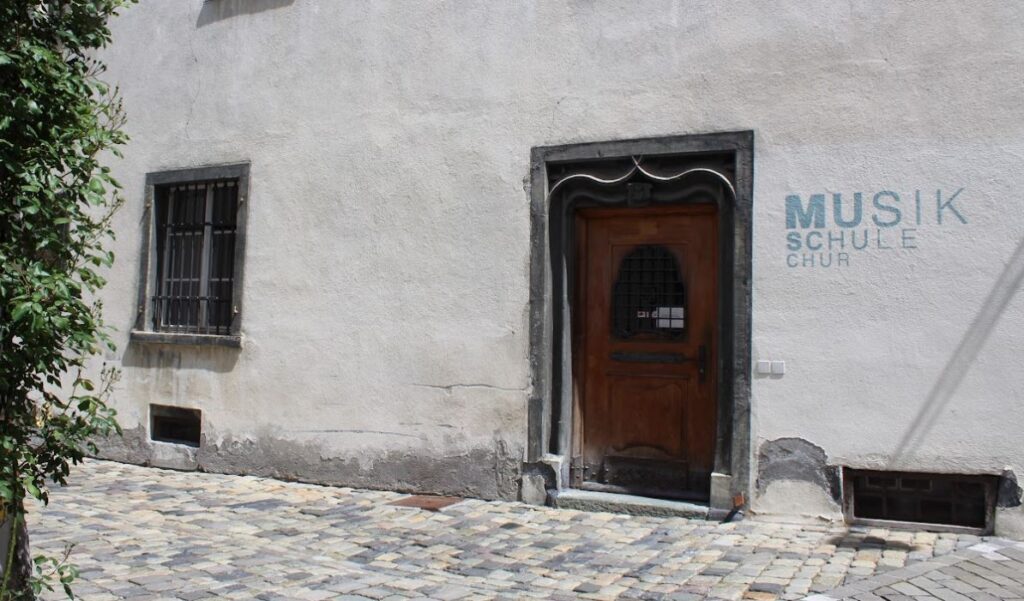Sophie Kauer's experience with Swiss
A planned flight with Swiss has turned into a nightmare for cellist and "Tar" actress Sophie Kauer.

On Facebook, Kauer explains that she booked a seat for her instrument for the transportation of hand luggage (CBBG, extra seat for cabin baggage), only to be told 30 hours later via three emails that her cello was no longer welcome. She was advised to call customer service, where on the third attempt she was "kept on hold for half an hour by an incredibly rude employee" who finally told her that there were no more seats available.
According to Kauer, the customer service employee gave no explanations, only "incredibly hostile and condescending remarks" such as: It wasn't his problem and that she should call back later when she had decided whether or not to cancel her booking. The story was picked up by the trade magazine "The Strad".
Article in The Strad:
https://www.thestrad.com/news/swiss-air-if-you-dont-want-cellos-on-board-just-say-so-tar-cellist-suffers-flight-woes/18516.article






